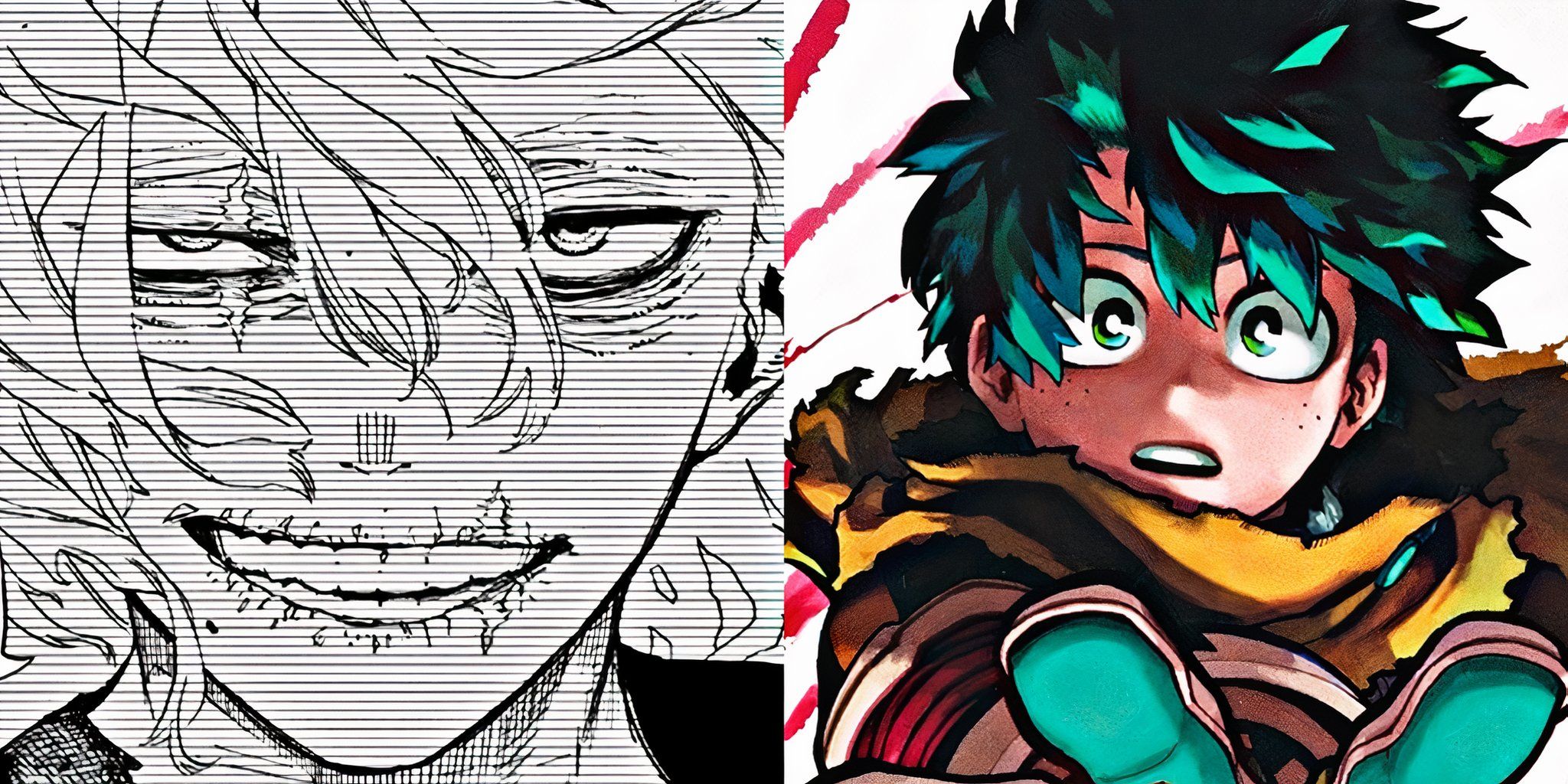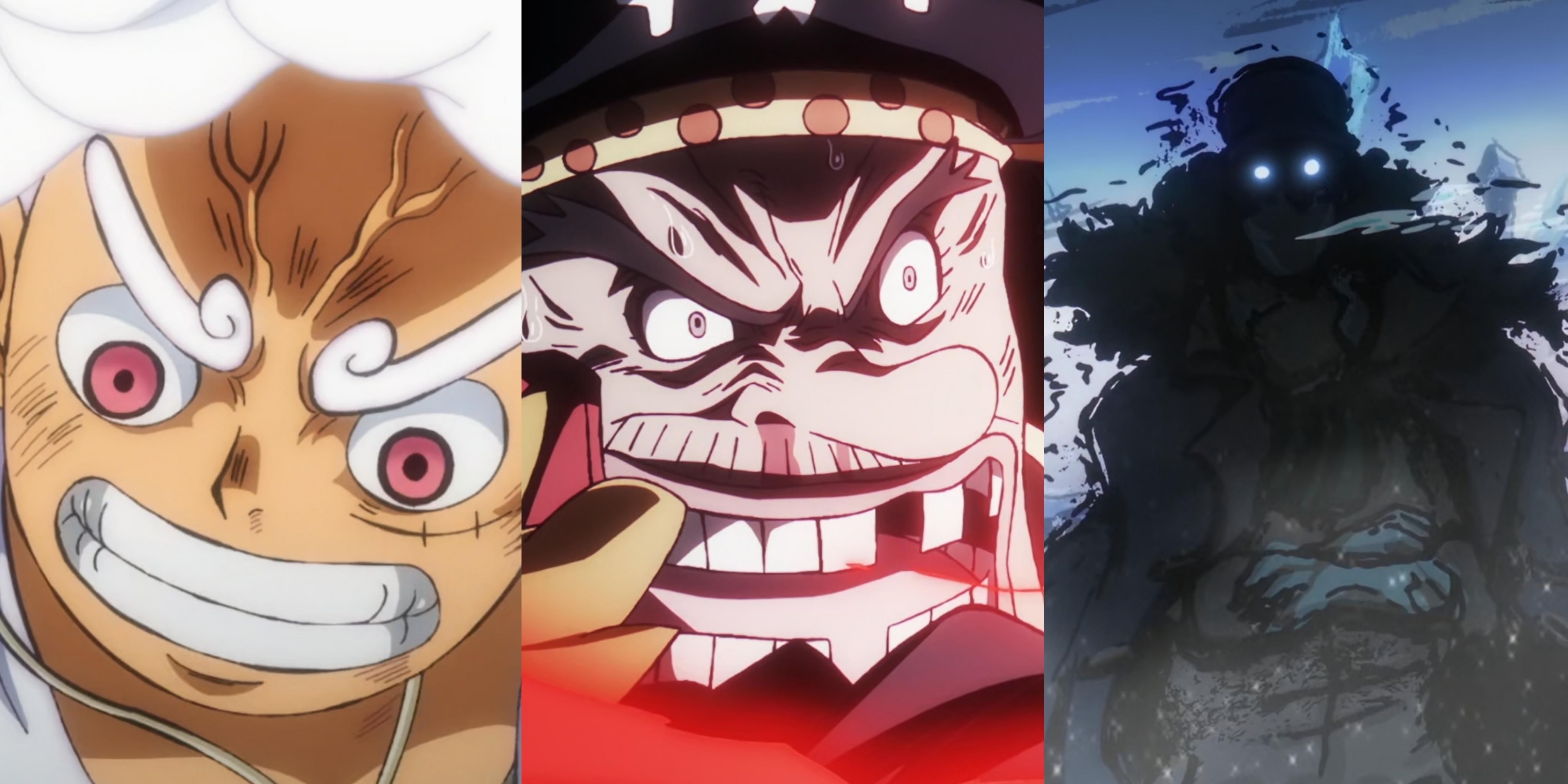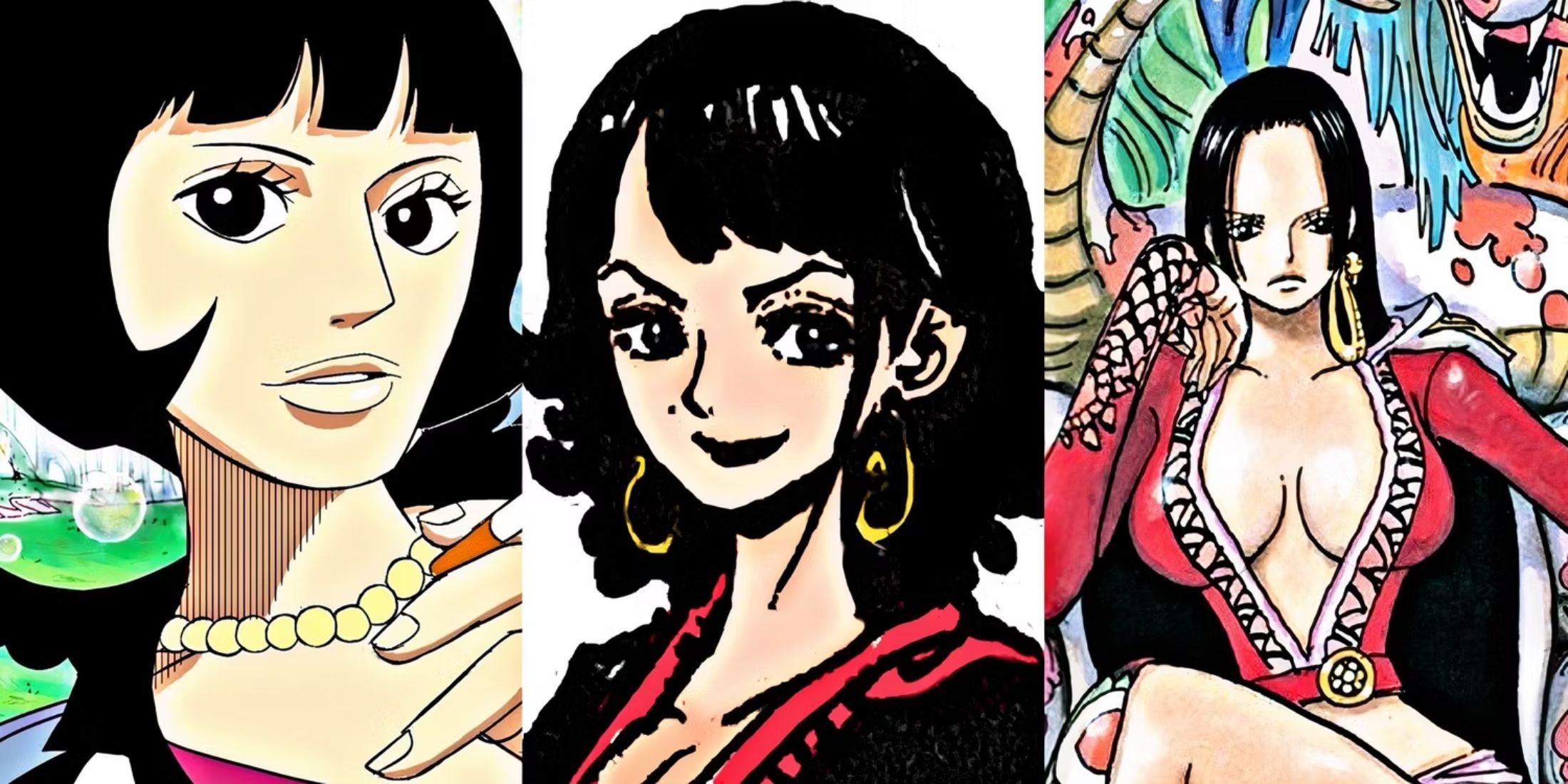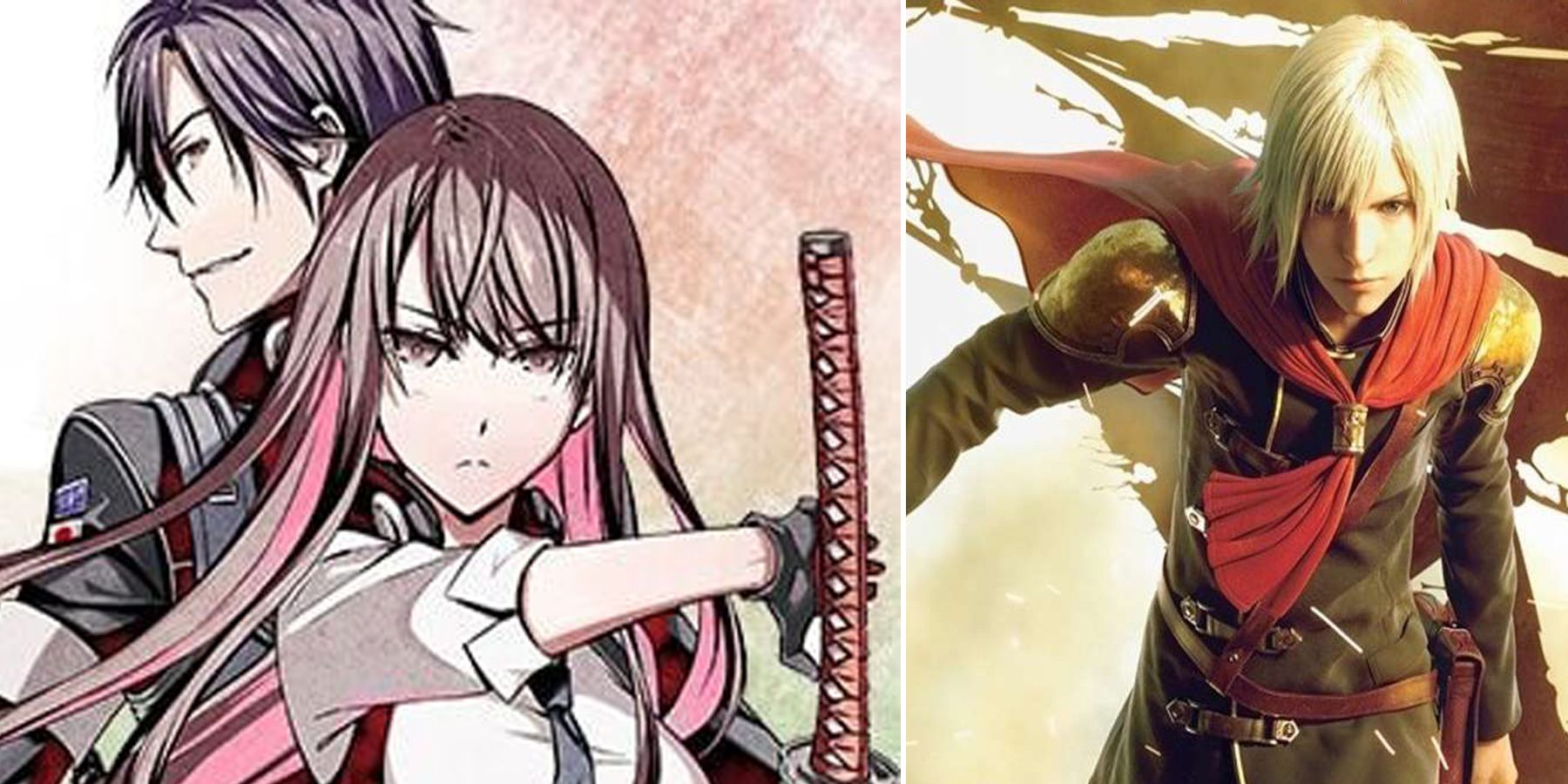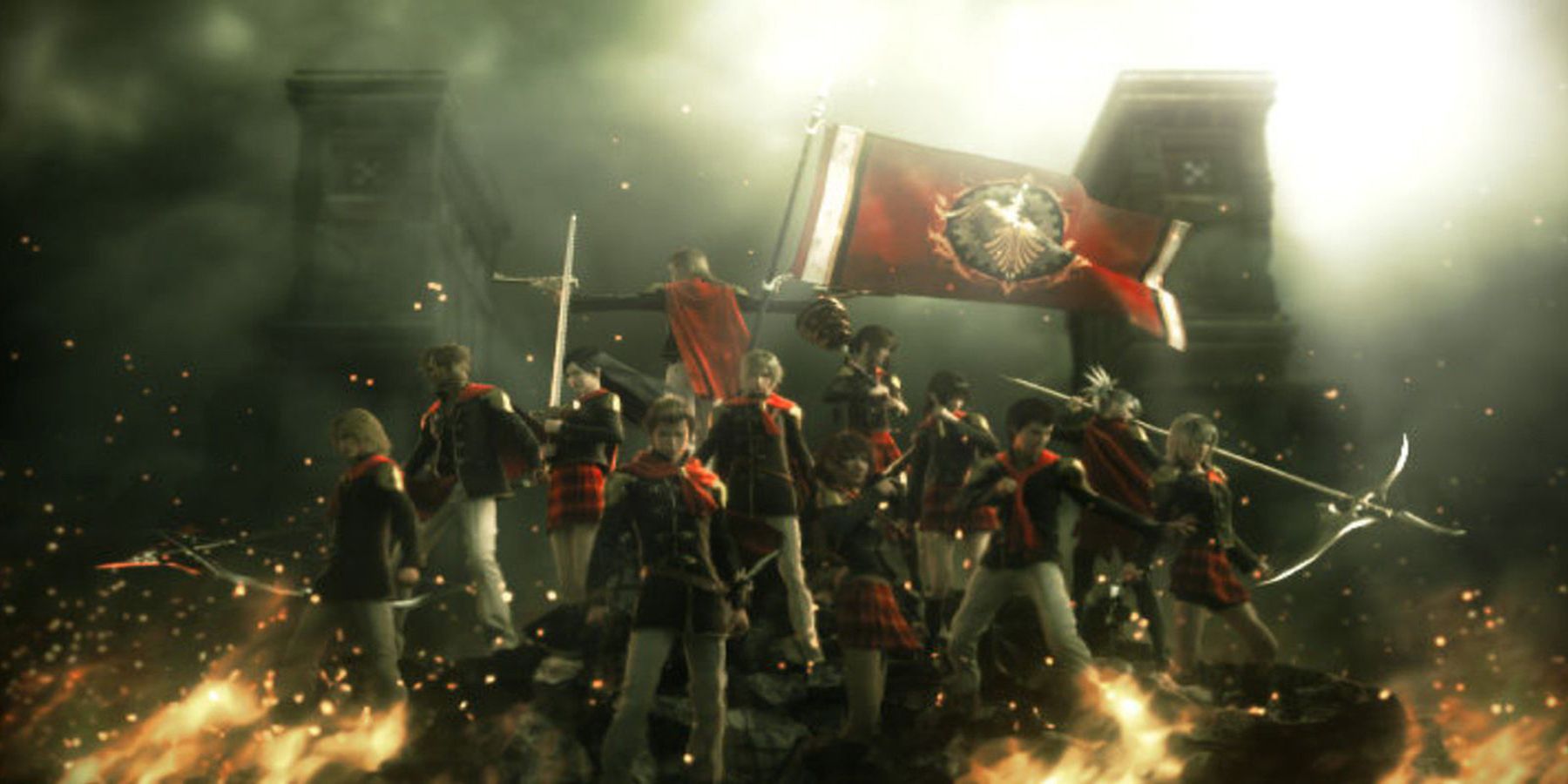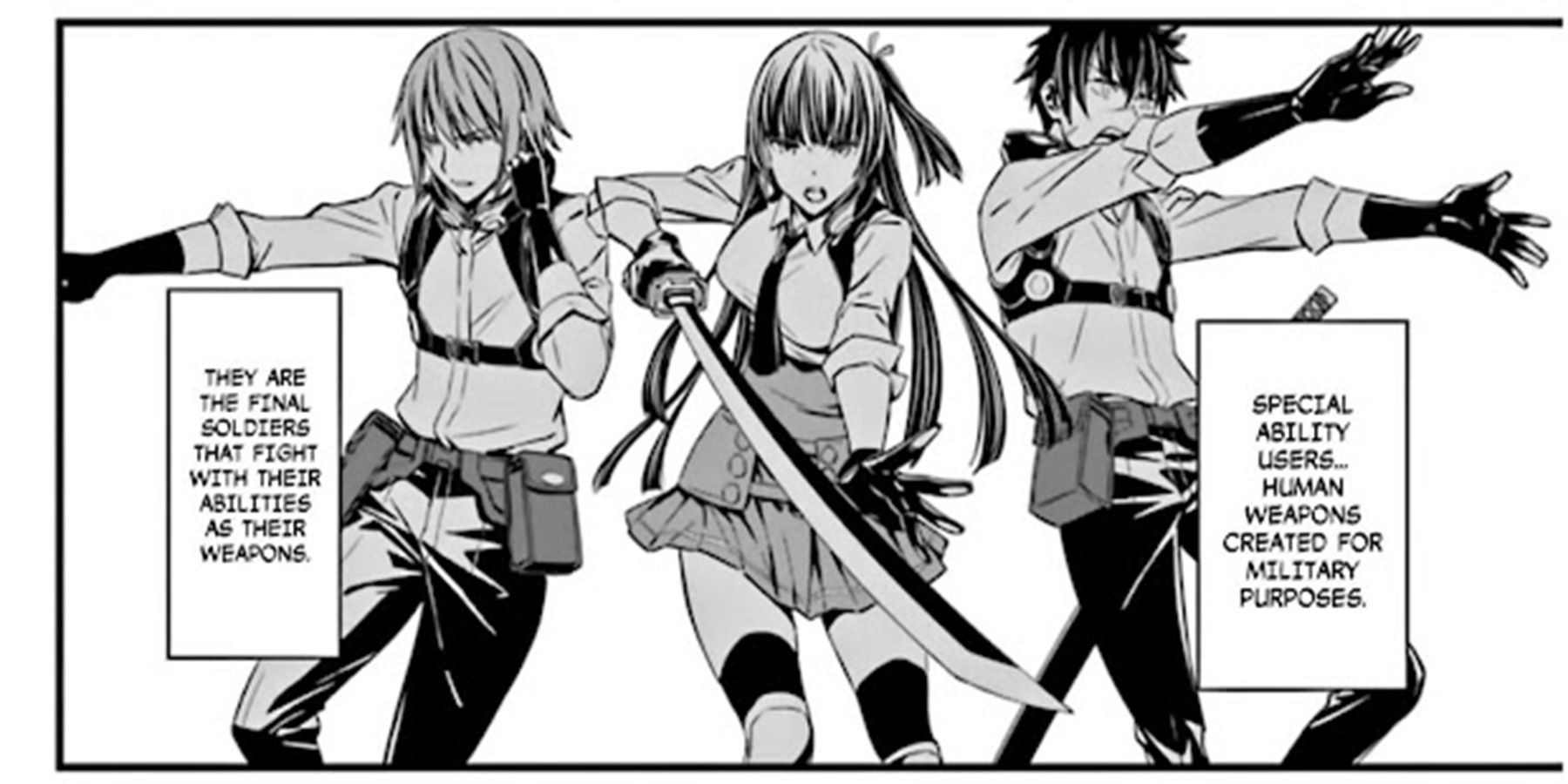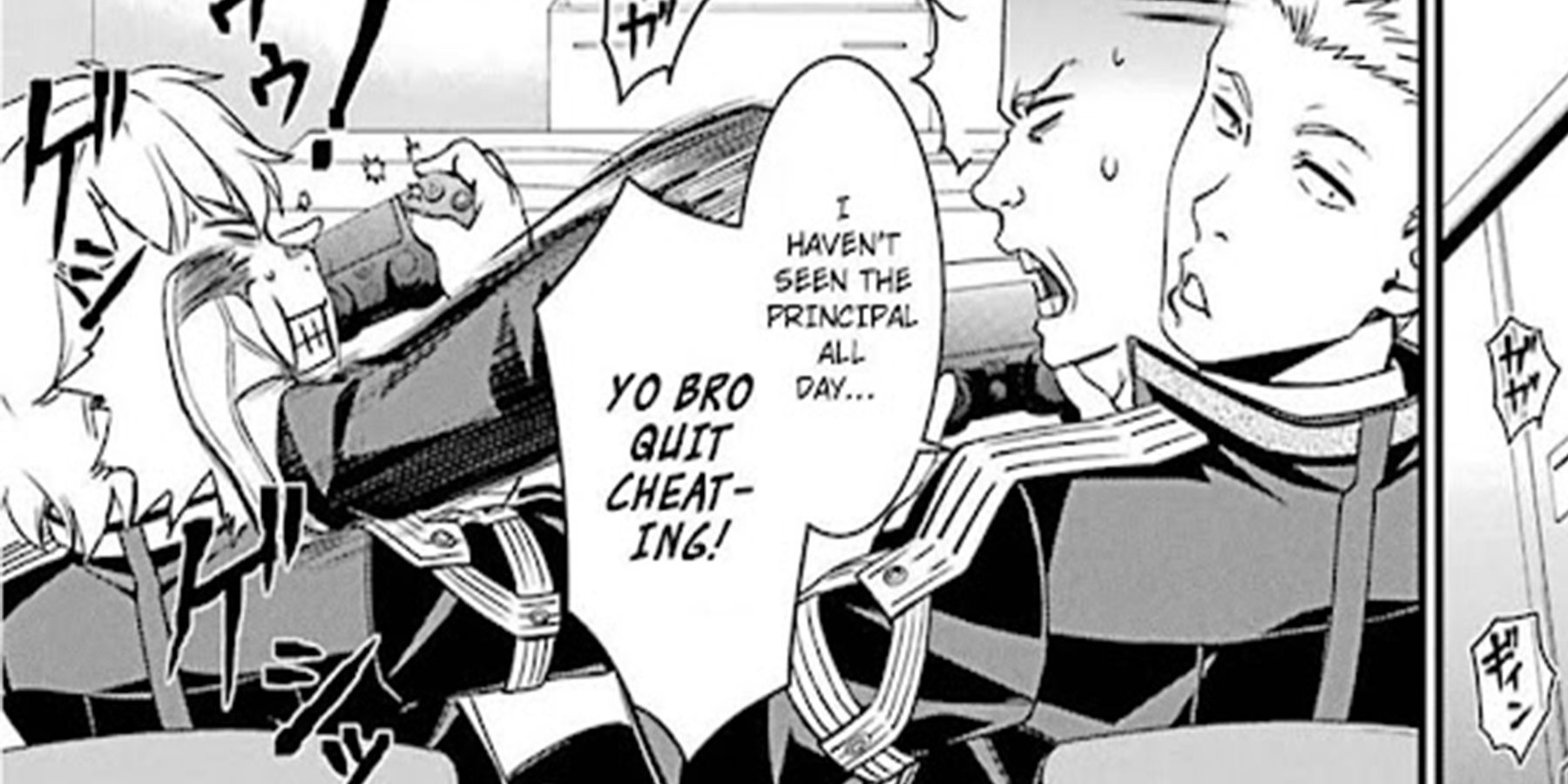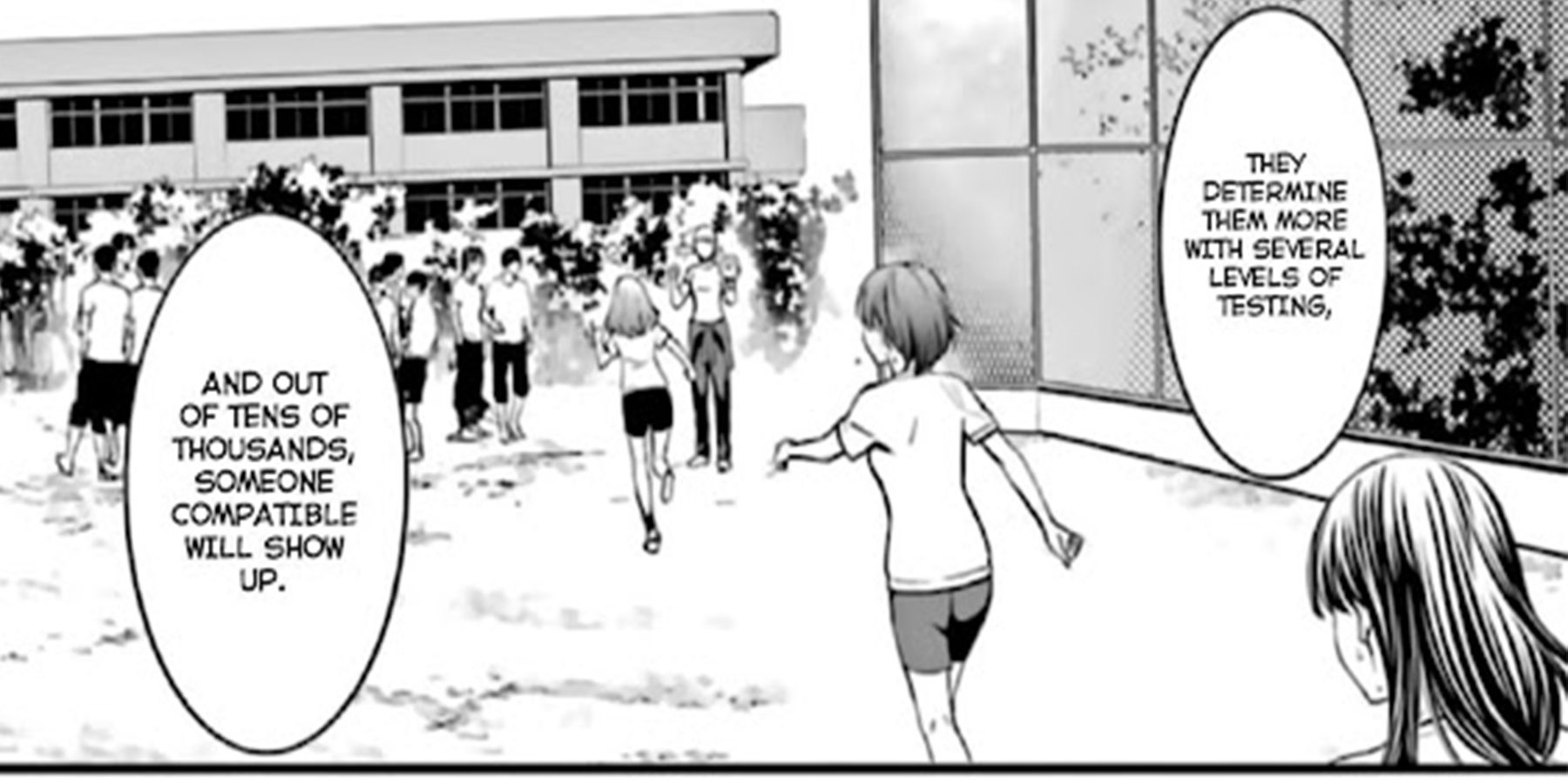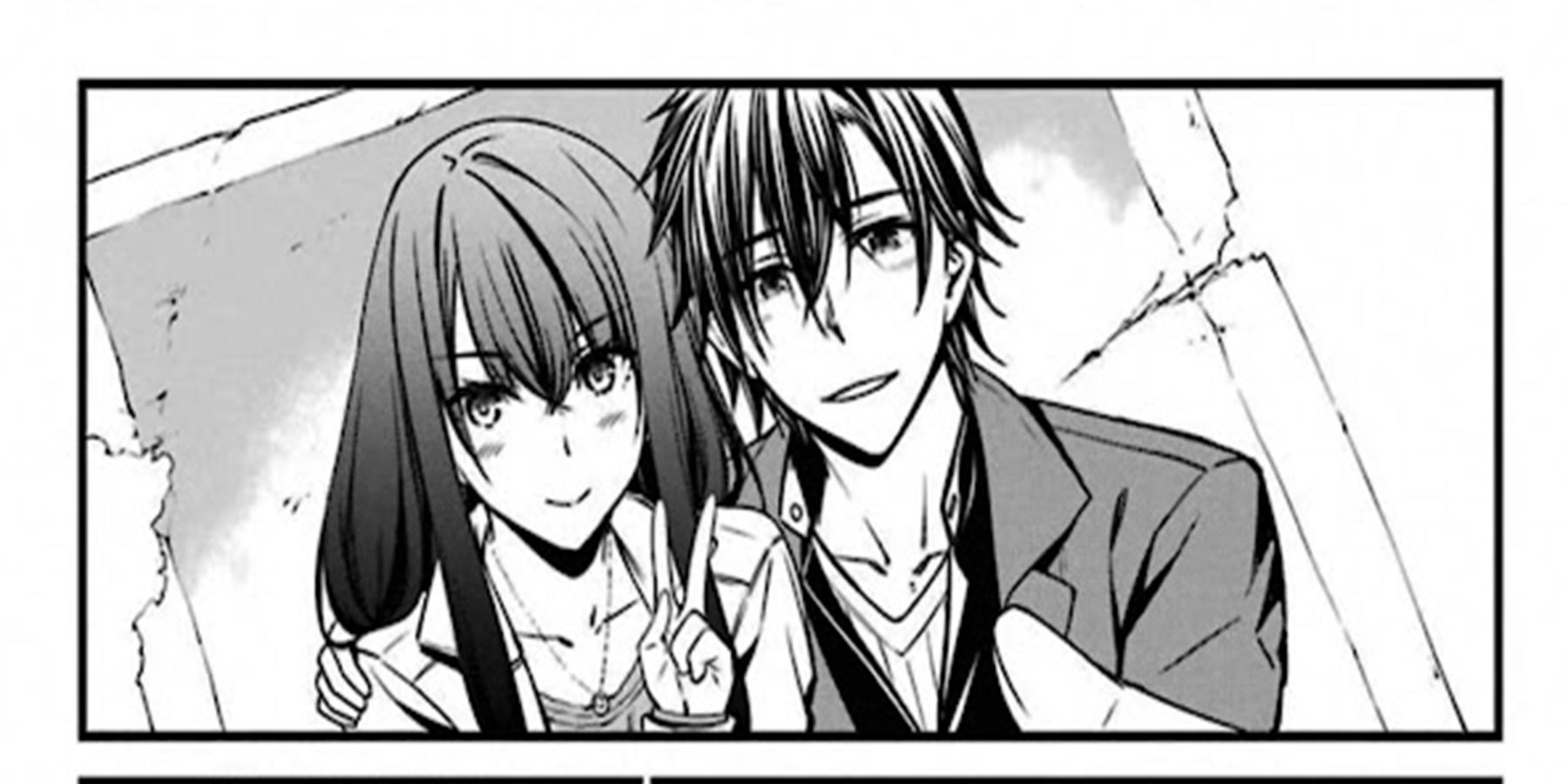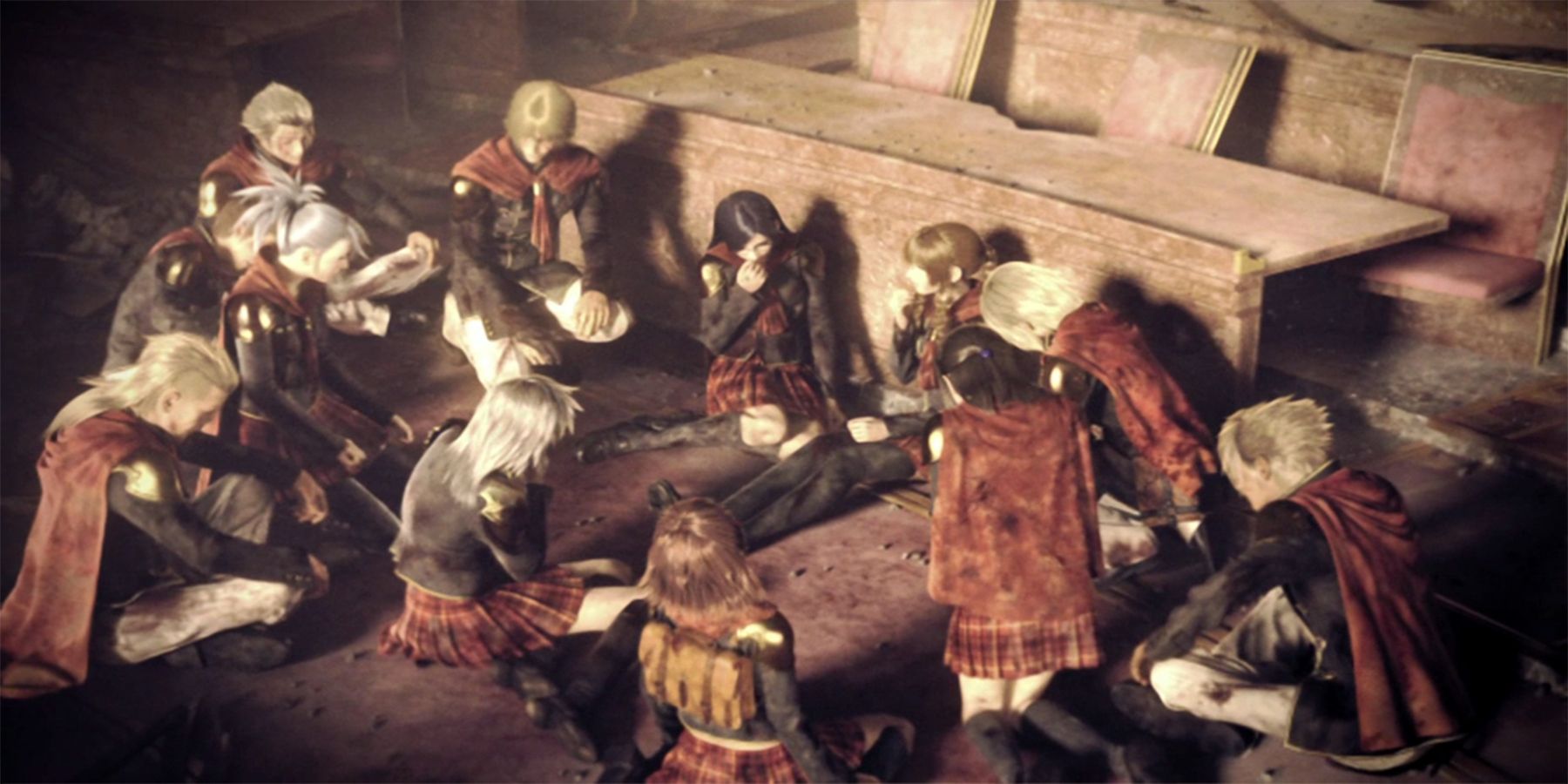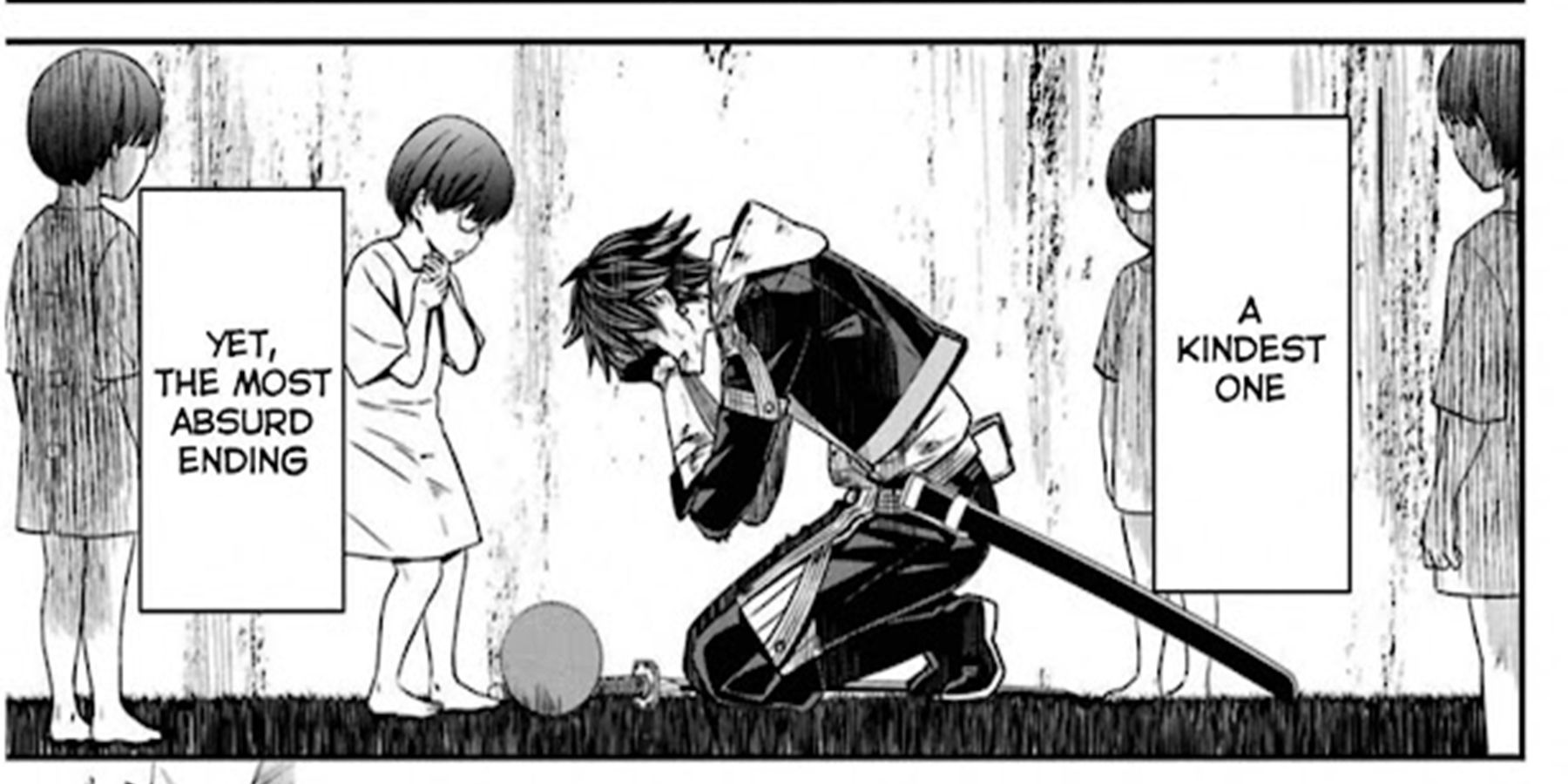The concept of Yoko Taro's Manga, Thou Shalt Not Die isn't a particularly unheard-of one. Child soldiers in media have been used as a tool for storytelling for as long as military dramas have been around. Though it bears a lot of similarities to another creative director's project, Hajime Tabata's Final Fantasy Type-0. Both are political critiques of those in higher power's decisions to exploit the younger generation into fighting their battles for them. Take orders, ask questions later, rinse and repeat. Those are the lives of our main characters.
It should be noted, Thou Shalt Not Die is based on a poem of the same name by Akiko Yosano. During the Russo-Japanese war of 1904, Yosano's younger brother was drafted to the front lines. As a response, she wrote Thou Shalt Not Die addressed to him, begging him to come home alive. This would later be made into an anti-war anthem.
Child Soldiers
Both Thou Shalt Not Die and Final Fantasy Type-0 use the subject of child soldiers being forced to fight battles on behalf of those in high power. But what makes the two stand out is that it isn't simply just a bunch of teenagers in battle suits, it's the fact that they are teenagers lacking in mental maturity. Type-0 has twelve students that make up the legendary, Class Zero. Rumored to have special abilities, they take on the most difficult missions, and are prodigies in themselves.
Throughout the game, the player has a chance to converse, run errands, train, and attend classes in between missions. Just through simple interactions alone and their everyday lives, it's easy to forget these are in fact child soldiers, and not just teens living their best lives. Type-0 introduces the player to the apocalyptic setting, but carries you through the story as an invisible member of Class Zero. We aren't made to immediately speculate anything's wrong with their position, characters in school uniforms with weapons aren't an uncommon trope, after all.
But Thou Shalt Not Die makes it abundantly clear from the beginning, that these students, attending a "special abilities" high school, are not seen as soldiers, but fodder. Upon their first deployment, the assigned students are excited to visit a new country for the first time and be of help to their country.
Within the first few chapters, less than half of the original cast survives. One of the casualties, Usuki was made out to be an important character and posed as the leader for the expedition. When the students are left without a leader and no response from the higher-ups, they realize that the adults that sent them never intended for their survival.
Exploitation
In Type-0 and Thou Shalt Not Die, the main characters interact the same way they would regular teens. Ace being teased about Arecia being his "mom", and Mashiro's habit of "babying" Kuroi, so he doesn't get into trouble. This creates a sense of familiarity in its world-building and lets the player/reader relate. It can be easy to forget their lives are far from normal. Class Zero is made up of super humans, as stated prior, but we're never shown their lives before they became Class Zero in-game.
Thou Shalt Not Die does an excellent job of creating a visual for the reader to see. The "special abilities" high school advertises itself as a school for the gifted, and so overachievers apply and undergo training programs to just be considered. But this isn't something you work your way into, if they see your powers manifest, you’ll be accepted. How do you get these powers? Hope that one of the mandatory vaccinations you got as a child "worked". That's one way to instill paranoia.
Article 9 of the real-life Japanese constitution says that the Japanese military cannot hold offensive military weapons. In other words, if the JSDF decided to embark on a military expedition, they could not carry guns. Thou Shalt Not Die's government gets around this, by sending superhumans overseas armed with just a katana. To further emphasize the broken system, only those under the age of 19 can handle having such abilities. But if Intel is all the Japanese government is looking for, and they have long-distance communication anyway, it shouldn't matter the deployed live or die...right?
Cost of Immaturity
One of the biggest effects of war as a whole is when growing up in an environment with it, your mental maturity fluctuates. Having been conditioned to consciously think about survival, your brain puts other priorities to the side. But aside from that, your brain is still developing and the decisions you make on the spot are not always going to be the most educated ones.
Botan, Usuki's lover acted as his second-in-command but upon his death, her first instinct was to try to "put him back together", intending to fulfill her promise to always protect him. Mashiro asks everyone to get along, even if they were just trying to kill each other seconds prior. There is a large disconnect.
At the end of Type-0, Class Zero gather around to lament about the futures they wished they could have after the war. Deuce declares her desire to learn about plant life and the environment. Most of us accumulate that knowledge in our elementary school years, but these kids only knew war. Worst of all, none of them even recognized that knowledge was missing from their lives.
Superpowers Are Not Always "Super"
Final Fantasy Type-0 has the l'Cies, which are chosen humans by the crystal to receive immense power. In exchange, the holder risks having their humanity taken away from them. Class Zero are already exceptional in their abilities, but being "chosen" and made into a l'Cie at the will of governmental leaders is one of the subplots of Type-0 - power hunger at its finest.
Thou Shalt Not Die's cast have defective powerful abilities. Kuroi has the ability to see and hear the thoughts of those around him to the point of insanity, and develops an obsession with Mashiro, the only person whose mind he couldn't read nor manipulate. Asagi's brain power is exceptional in the sense that he can make accurate predictions and analyze data within seconds, however this ages his brain drastically to the point of dementia, and he has to set regular reminders for himself that he doesn't forget people. One could argue the benefits outweigh the risk, but lest we forget that, like in real life, not everyone on the same team is a good guy.
Hajime Tabata and Yoko Taro both have an excellent grasp on portraying and executing morality in fiction, so much so that they can take the concept of everyday school children fighting and turn it into something more. This is the reality of the world we live in.
"Older men declare war. But it is the youth that must fight and die." — Herbert Hoover

